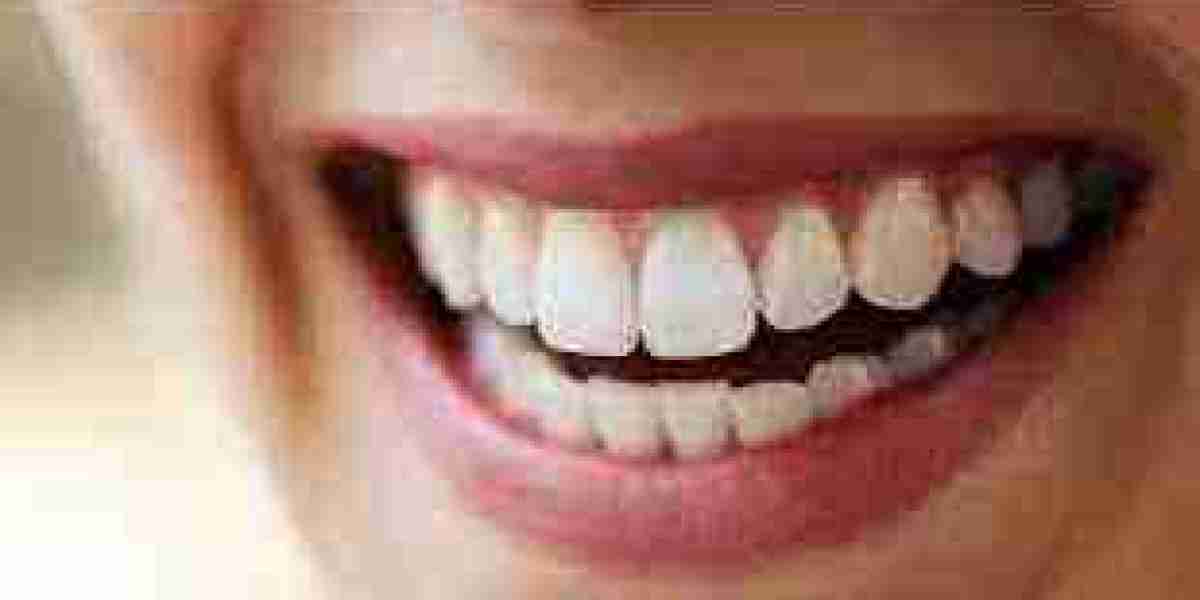Many people wonder: what’s the best age to get full mouth rehabilitation? The answer isn’t a specific number but rather a matter of dental condition, lifestyle needs, and overall health. Full Mouth Rehabilitation is not limited by age—it’s ideal for anyone experiencing severe dental wear, trauma, or functional problems. Whether you’re in your 30s or well into your 60s, the right time is when your dental health and quality of life demand comprehensive restoration.
Understanding Full Mouth Rehabilitation:
Full mouth rehabilitation refers to a series of restorative dental treatments tailored to rebuild or replace most or all teeth. It’s a solution for individuals suffering from:
Multiple missing teeth
Widespread decay or damage
Advanced gum disease
Jaw alignment issues
Chronic pain in the face or jaw
This process may include crowns, bridges, implants, dentures, veneers, and even orthodontic adjustments. The goal is to restore both function and aesthetics while improving oral health and overall confidence.
Ideal Age Range: Early Intervention vs. Delayed Treatment
The best age to get full mouth rehabilitation often falls between 35 and 60 years, when signs of long-term wear or damage become noticeable. Here’s how different age groups benefit:
30s to Early 40s: This is a proactive age to address early signs of enamel wear, bite issues, or tooth loss. Treatment during this period can prevent further complications.
Mid-40s to 60s: Many patients in this age group have experienced cumulative dental issues. Rehabilitation can dramatically improve function, health, and appearance.
60+ Years: While not too late, older adults may face challenges like bone density loss or health conditions. However, modern techniques make full restoration very possible.
Ultimately, the best age depends less on the number and more on when the need arises and the patient is ready both physically and mentally for the process.
Key Considerations Before Choosing Full Mouth Rehab:
Regardless of age, there are a few essential factors to evaluate before undergoing full mouth rehabilitation:
Overall Health Status
Conditions like diabetes, osteoporosis, or autoimmune diseases can impact healing, especially after implant surgeries.Bone Density and Gum Health
Adequate bone support and healthy gums are vital for long-term success, particularly for dental implants.Lifestyle and Commitment
Full mouth rehabilitation requires time, follow-ups, and maintenance. A patient’s schedule and dedication influence the outcome.Budget and Financing
These procedures are an investment. Exploring financing options and insurance coverage is often necessary.Cosmetic Goals
Younger patients may prioritize aesthetics, while older adults may focus more on function and comfort.
Benefits of Getting It at the Right Time:
Choosing the right time to start Full Mouth Rehabilitation Treatment offers several long-term advantages:
Preserves Jawbone Health
Replacing missing teeth early prevents bone loss and facial collapse.Improves Digestion and Nutrition
Functional teeth mean better chewing, leading to healthier dietary habits.Boosts Confidence
A complete, radiant smile can drastically enhance self-esteem and social interactions.Prevents Further Damage
Addressing issues early minimizes the risk of tooth fractures, shifting, and gum deterioration.Enhances Speech and Comfort
Restored teeth improve speech clarity and reduce discomfort caused by misalignment or decay.
When Should You Take the First Step?
If you're asking what’s the best age to get full mouth rehabilitation, the best time may be now—if you're dealing with pain, wear, or missing teeth. The decision is not about fitting into an age bracket but recognizing the signs and seeking help from an experienced dental professional. Early evaluation ensures better outcomes and fewer complications.
A comprehensive consultation will assess your oral health, goals, and medical history to determine whether you’re an ideal candidate. The sooner you address complex dental issues, the more successful and long-lasting your results will be.
In conclusion, there’s no strict “best age” for full mouth rehabilitation. The best time is when your oral health calls for it and you’re ready to commit to a healthier, brighter smile.


![EA Sports FC 24 : Célébrations et Nouveautés [Guide]](https://pungi.b-cdn.net/upload/photos/2025/07/z7ituO2lnPbRO6iFbpLX_10_593657738f4ce136547ce533aa761d76_image.png)

